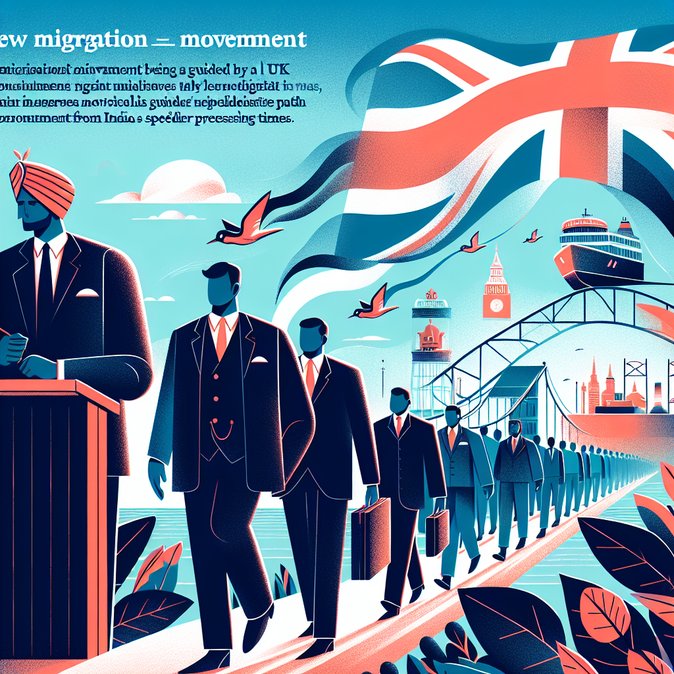
The Home Office has fixed 25 February 2026 as the cut-off after which all non-visa-national visitors who require an Electronic Travel Authorisation (ETA) must hold an approved pass before boarding transport to the UK. The clarification, published on 24 November 2025, ends an eight-month ‘grace period’ that allowed carriers to uplift travellers with a pending ETA application.
Introduced in phases throughout 2025, the digital permit currently costs £16 and is valid for two years or until the traveller’s passport expires. Air and ferry operators will become liable for civil penalties if they carry passengers without a valid ETA once the implementation period closes. The Department for Transport has begun industry briefings with IATA member airlines, Eurotunnel and ferry companies to refine API data-sharing processes and prevent false boarding-denial incidents.
![Full enforcement date set for UK Electronic Travel Authorisation scheme]()
For corporate mobility managers, the announcement crystallises lead-time planning. While the government says most straightforward applications are decided within minutes, it continues to advise applying at least three working days in advance. Travellers with criminal convictions or dual-national backgrounds often attract manual review and should allow longer.
Global employers are being urged to update travel approval workflows, traveller education materials and online booking tool prompts. Particular attention is needed where assignees resident in the EU or the Gulf Cooperation Council travel frequently to the UK on short-term business.
From a strategic perspective, the ETA aligns the UK with comparable electronic travel authority systems such as the US ESTA, Canada’s eTA and the forthcoming EU ETIAS. The scheme is expected to generate £180 million annually, which ministers say will be reinvested in digital border upgrades and biometric e-gates.
Introduced in phases throughout 2025, the digital permit currently costs £16 and is valid for two years or until the traveller’s passport expires. Air and ferry operators will become liable for civil penalties if they carry passengers without a valid ETA once the implementation period closes. The Department for Transport has begun industry briefings with IATA member airlines, Eurotunnel and ferry companies to refine API data-sharing processes and prevent false boarding-denial incidents.

For corporate mobility managers, the announcement crystallises lead-time planning. While the government says most straightforward applications are decided within minutes, it continues to advise applying at least three working days in advance. Travellers with criminal convictions or dual-national backgrounds often attract manual review and should allow longer.
Global employers are being urged to update travel approval workflows, traveller education materials and online booking tool prompts. Particular attention is needed where assignees resident in the EU or the Gulf Cooperation Council travel frequently to the UK on short-term business.
From a strategic perspective, the ETA aligns the UK with comparable electronic travel authority systems such as the US ESTA, Canada’s eTA and the forthcoming EU ETIAS. The scheme is expected to generate £180 million annually, which ministers say will be reinvested in digital border upgrades and biometric e-gates.


